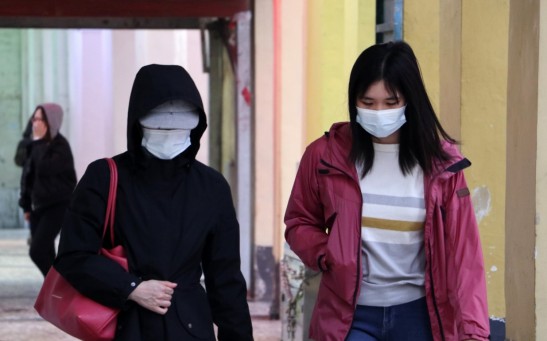CoViD-19

Clean Energy Vital for Post-COVID Recovery: Stop Using Coal Says UN Chief
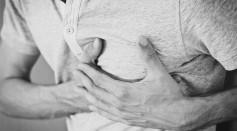
More Cases of 'Broken Heart Syndrome' Recorded During COVID-19 Pandemic
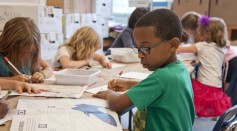
Open or Closed Schools Amid Coronavirus: Which One Is Better According to CDC Director
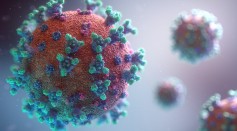
Turns Out Coronavirus Can Be Spread Airborne Indoors--WHO
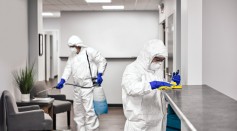
A Majority of COVID-19 Infections are Silent Transmissions, or From Asymptomatic People

Guillain-Barre Syndrome and COVID-19: What Connects Them Together?
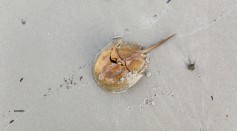
Why Are Horseshoe Crabs Important in Developing the Coronavirus Vaccine?
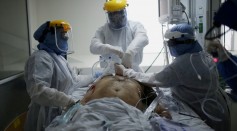
A New Way to Resolve Inflammation on Severe Coronavirus Cases; Will This Be Effective?

Is Coronavirus Airborne? Hamsters on a Plane Can Prove The Theory
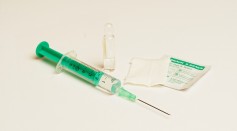
Are We Ready? The US Is Preparing For the Coronavirus Vaccine, Invests $42M in Syringe and Needle Production
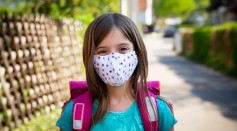
Should You Take the Risk? Children Are Not Contagious, Schools Can Safely Reopen, Says CDC

Japanese Theme Parks: Screaming Spreads COVID-19 So Screech in Your Hearts Instead
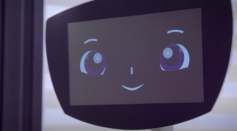
AI Robot Robin to Bring Cheer to Children While Hospitalized During the Coronavirus Pandemic
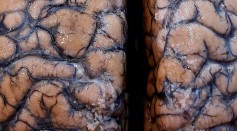
Brain Damage Cases Could Increase Due to Coronavirus Says Scientists
Most Popular

AI Revolution in Medical Education: Transforming How Healthcare Professionals Learn

Optimizing Complex Catalog Systems with Graph Theory and Indexing

Exploring Life Beyond Earth: Study Claims Other Planets Could Be Suitable for Alien Life

Nikolay Karpenko Biography, Photo, Career, Accomplishments

